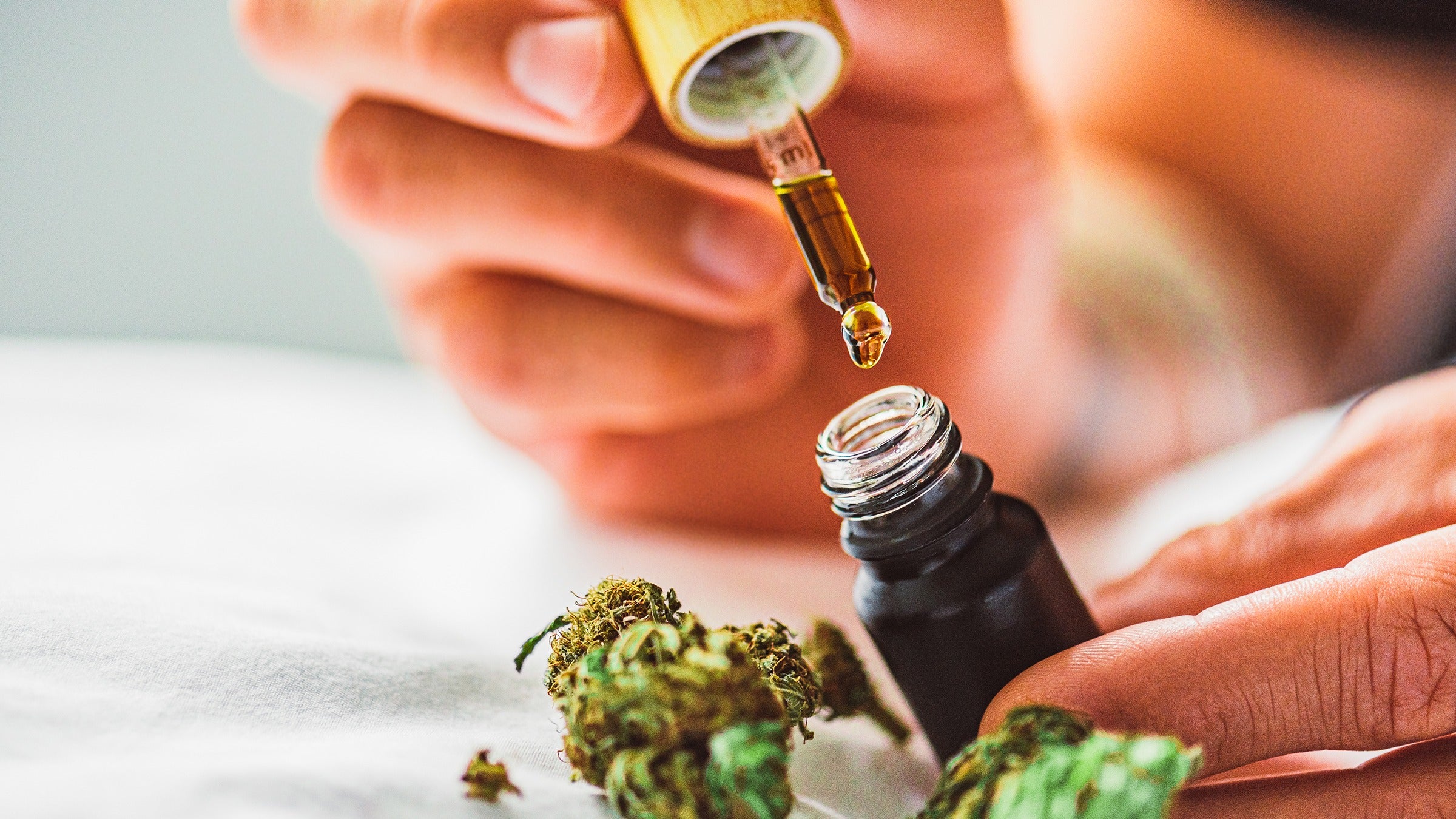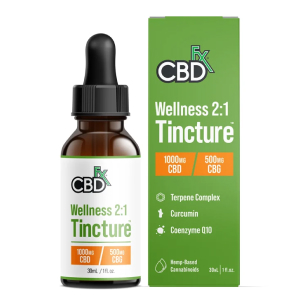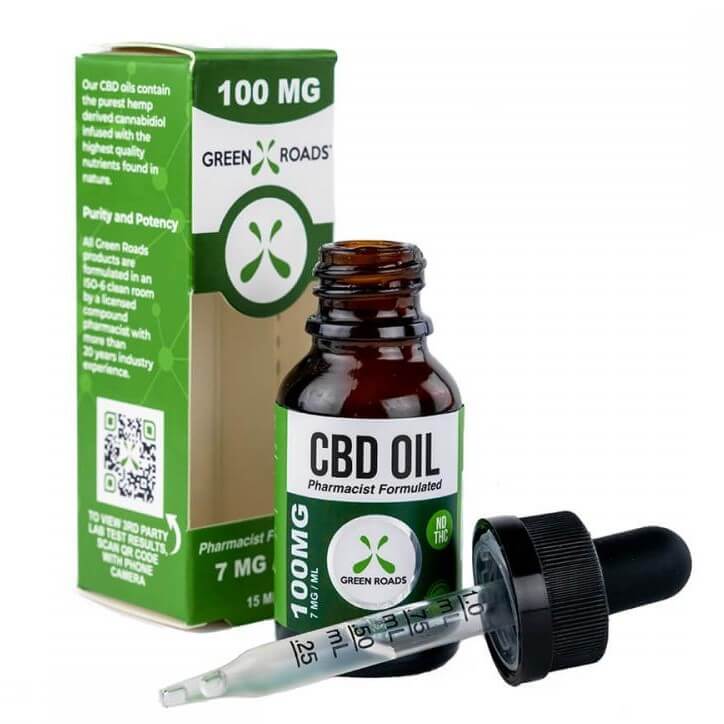Table of Contents
Parkinson Disease Information - Mount Sinai - New York now available in Toorak - limited time only
When taking CBD, it is important to limit or avoid alcohol. If experiencing any side effects, one should stop taking CBD products. The complexity of PD has led to the development of a wide variety of treatment options aimed at targeting as many of these debilitating symptoms of this progressive disease while minimizing the adverse side effects associated with the current pharmacological treatments.
CBD has been shown to have positive effects in numerous studies, but due to the differences in how the PD brain is built compared with a non-PD brain, separate studies are needed to assure successful results. Journal reference: Kim, H. et al. (2022) Cannabidiol (CBD) Consideration in Parkinson Disease. The Journal for Nurse Practitioners.
People with PD are eager to find alternative methods to help their symptoms, leading many of these patients to look into whether other therapies, such as medical marijuana, also known as medical cannabis, can be useful. Previously, I wrote a blog on medical marijuana and PD which you may find interesting.
So today I’ll take a more in-depth look at CBD to help you better understand what it is and its possible use for symptoms of PD. (Of note, the acronym for CBD is confusing in the context of PD, since the acronym is also used to refer to cortico-basal degeneration, a neurodegenerative disease that shares some clinical properties with PD.
Cbd Oil And Medical Marijuana For Parkinson's Disease now in Richmond

Cannabidiol, or CBD, is one of the two main components of medical marijuana. (The other one is tetrahydrocannabinol or THC.) Pure CBD does not cause a “high” and does not pose a risk of abuse or dependence. THC on the other hand, can cause these effects. CBD has been studied extensively in the laboratory and has been shown to have anti-inflammatory and antioxidant properties.
Although this is interesting and potentially exciting information, there are numerous other chemicals that have been studied in the laboratory with these properties that did not result in clinical benefit when tried in humans. Therefore, clinical trials become essential to support any claims that CBD should be used for medical purposes.
There is a lot of confusion around this question, related to the fact that the law distinguishes between CBD extracted from hemp and CBD extracted from marijuana. In reality, hemp and marijuana are two different names for the cannabis plant, with hemp defined as cannabis containing less than 0. 3% THC.

On the other hand, CBD derived from a cannabis plant containing more than 0. 3% THC is federally illegal – even if the CBD is purified and the product itself contains less than 0. 3% THC. To add to the confusion, is the fact that each state has its own laws that govern the use of CBD products which often contradict federal law.
Cbd For Parkinson's Disease Symptoms - Apda now in Richmond - limited period
These vary in: What the manufacturers state is in the product. That is, some formulations of CBD will state on their label that they also contain a small amount of THC or that they contain other cannabis-derived compounds, but not THC. Others state that they are pure CBD. The formulation.
It is not just the Parkinson’s disease community that has taken an interest in CBD. There are countless health claims that CBD is helpful for a whole host of conditions. Clinical trial evidence to support the use of CBD however, is minimal. The only FDA-approved indication for CBD is to reduce seizure frequency in certain rare and severe forms of childhood epilepsy.

(Three other cannabis related drug products that are not CBD, but rather synthetic THC, also have FDA approval and are used to treat loss of appetite and weight loss in patients with HIV, and severe nausea and vomiting due to chemotherapy). For all the other health claims, there is not enough clinical trial data to allow the FDA to state whether or not CBD is effective.
This has not dimmed the enthusiasm of millions of CBD users for a wide range of medical conditions. Practically, CBD products can be obtained relatively easily at health food stores and online. They are not considered drugs (except for Epidiolex®), and therefore are not regulated by the Food and Drug Administration (FDA).
New Research, Medications And Cbd For Parkinson's now available in Toorak - limited period
For example, even if the bottle says it is pure CBD, the product may contain other chemicals from the cannabis plant, or a higher amount of THC than advertised The manufacturing process, which is also not regulated, may introduce contaminants There is no assurance that the dosage written on the bottle is correct Medication interactions between CBD products and other drugs are not clear to consumers The FDA is aware of the health claims that are made by manufacturers about various products and issues warnings to companies who market CBD products with unsubstantiated health claims.
Table of Contents
Latest Posts
Chest Strap Vs Wristband Heart Rate Monitors - Breaking Muscle now in NC
Which Heart Rate Monitor Is Best For Your Clients? - Total Gym now in TEXAS - limited time
Best Fitness Trackers 2023 - Live Science now in LA
Navigation
Latest Posts
Chest Strap Vs Wristband Heart Rate Monitors - Breaking Muscle now in NC
Which Heart Rate Monitor Is Best For Your Clients? - Total Gym now in TEXAS - limited time
Best Fitness Trackers 2023 - Live Science now in LA